The Disturbing Statistics About Dementia and Firearms
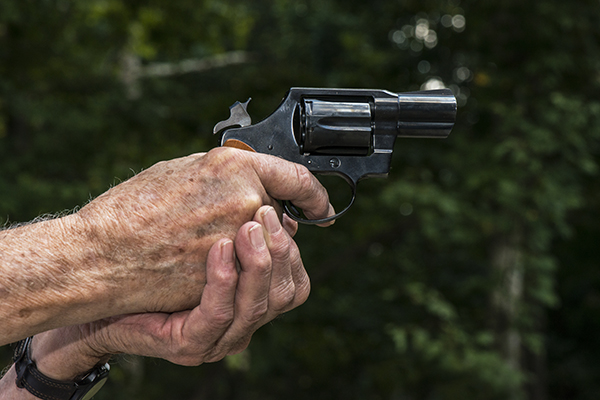
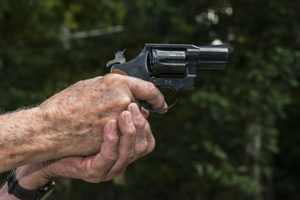
Dementia and firearms are a dangerous combination.
With a heated level of debate rivaling the Hatfields and McCoys, it seems impossible to come to a resolution in the issue of gun control. Yet no matter which side of the issue you are on, there’s one little-spoken-of situation which should cause us all to take pause: the worrying mixture of dementia and firearms.
About 33% of all older adults in the U.S. report owning a gun, and an additional 12% are living in the house of a gun owner. Bearing in mind that approximately 9% of individuals over age 65 have some kind of dementia (and that figure is expected to more than double by the year 2050), it equates to scores of seniors with dementia living with guns. Coupled with erratic states of confusion, aggression, and other difficult behaviors, having firearms in those homes sets the stage for a potential tragedy.
Looking at the state of Washington alone, a government study discovered that thousands of seniors (54,000) reported memory decline and confusion, along with access to weapons – and as many as 15,000 of the respondents stating that the firearms that they had access to were both unsecured and loaded.
Additionally, in a single year alone, a Kaiser Health News report revealed more than 75 reported homicides or suicides committed by individuals with dementia, along with the extra cases of firearms being brandished against those closest to them – family members, neighbors, caregivers. Additionally, the suicide rate for older adults is greater than for any other age bracket, with guns being the most common source for senior men, according to research by the CDC (Centers for Disease Control and Prevention).
The Alzheimer’s Association recommends eliminating guns from the houses of people with dementia, but if that isn’t a choice families are prepared to consider, it’s essential to make sure that firearms are stored securely – locked, unloaded, and separate from ammunition. Just a little creativity can go a considerable way as well – as an example, replacing real guns with toy models that enable, for instance, a person who was a devoted hunter to safely maintain his connection to that hobby.
To get more detailed useful information on keeping individuals with dementia safe, contact the skilled dementia care professionals at Hired Hands Homecare. Our fully trained and experienced caregivers are proficient in helping to manage some of the more challenging aspects of dementia, and in determining when a loved one might be in crisis and requires medical help. Our dementia respite care services allow family caregivers the ability to rest and renew, knowing their senior loved one is with capable and caring hands.
Contact us any time at (866) 940-4343 for additional information about our dementia care services and the many other ways we can help seniors with home care in Marin, CA and surrounding areas, and to arrange for your free in-home consultation.





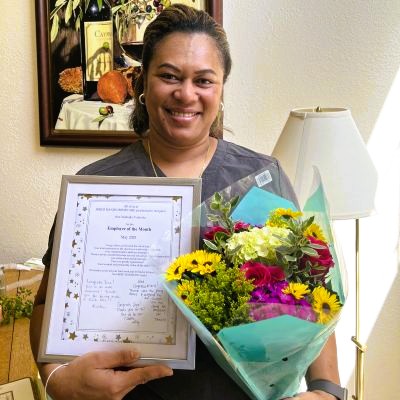
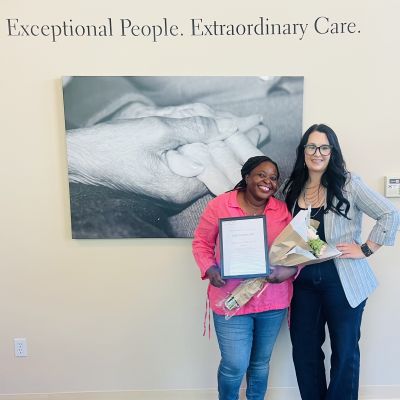
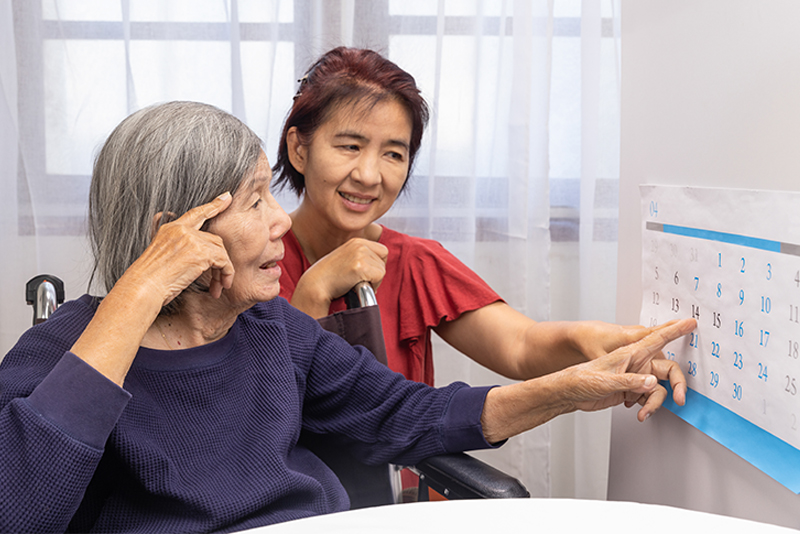
Leave a Reply